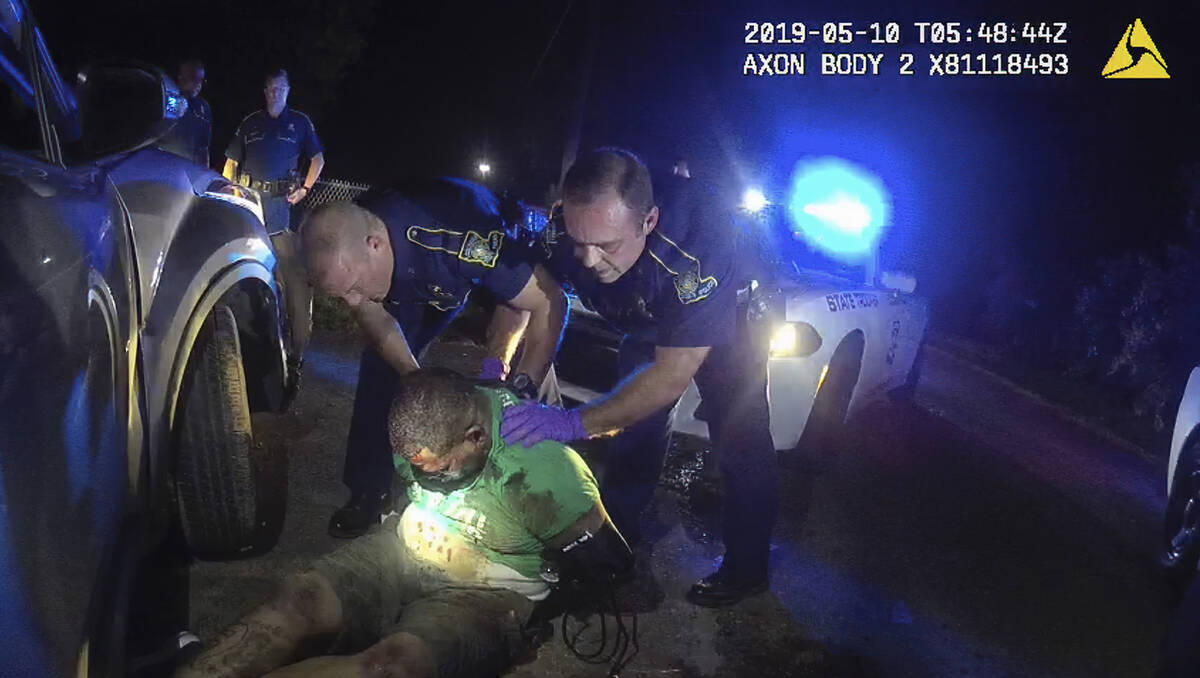EDITORIAL: First Amendment protects filming police
Sometimes a law is so obviously unconstitutional that you wonder if the sponsors are trying to find out how quickly a court can strike it down. Just look at recent legislation in Arizona.
This month, Arizona Gov. Doug Ducey signed a bill making it a crime for a bystander to film “law enforcement activity” while too close to police. That includes when the cops are making an arrest, questioning a suspect or dealing with an emotionally disturbed individual. Continuing to videotape within 8 feet of a law enforcement official after receiving a verbal warning is a misdemeanor under the bill. There are exceptions, including passengers in a car or someone in a private residence.
The First Amendment violation should be obvious. The government can’t arbitrarily limit an individual’s ability to film on public property or even in a home. Numerous federal appeals courts, including the 9th U.S. Circuit Court of Appeals, have upheld the right to record government employees.
Beyond that, police officers work for the public, not the other way around. If members of the public want to film a police officer, they are simply monitoring someone who works for them unless they go beyond the mere act of recording. If police officers don’t like that level of scrutiny, they are free to find a new profession.
The implication of the law is that the simple act of filming interferes with a police officer’s duties. That’s ridiculous. Many police officers around the country, including in Nevada, now wear body cameras. That’s the case in Arizona, too. For instance, Phoenix started equipping officers with body cameras in 2013. It now has more than 2,000 body cameras in use.
Body cameras have been an overwhelming policy success — and they work both ways. Not only have they exposed officer misconduct, they’ve also helped clear many police officers who were wrongly accused of inappropriate behavior. The footage allows the public to make a judgment based on an individual’s behavior, not presuppositions about race or other factors. Filming provides an enormous level of accountability.
There may indeed be circumstances when someone with a camera or cellphone becomes overly aggressive while filming a law enforcement encounter. But existing statutes are sufficient to address such conduct. The existence of a live camera within a certain distance of a law enforcement officer should not, in and of itself, constitute an offense.
No one has the right to interfere with official police business, but merely recording police from nearby doesn’t represent interference. This law is a policy mistake and clear First Amendment violation.





























